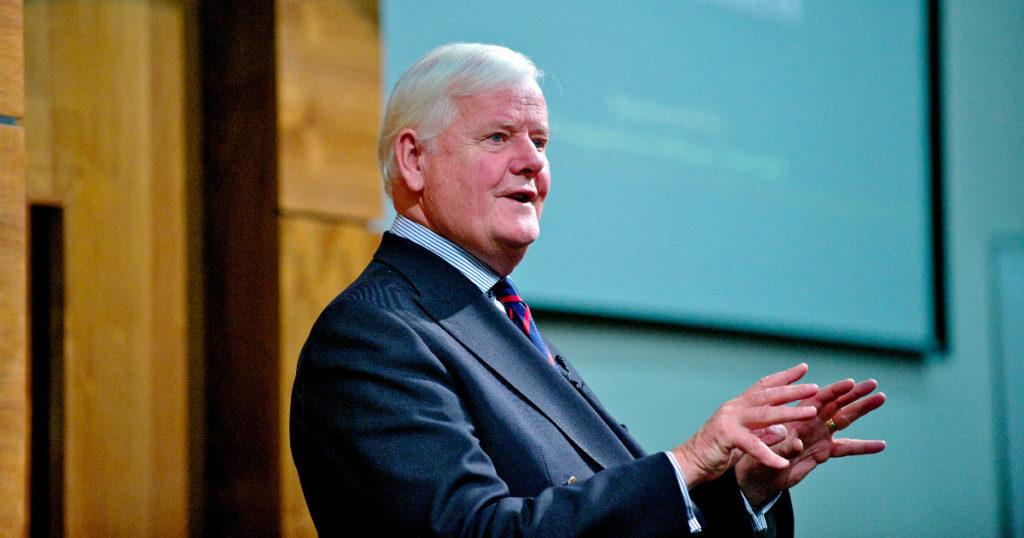Some years ago I had the privilege of hosting Os Guinness for three days here on the Impact 360 Institute campus. His topics were numerous—everything from The Call (his book our students read in preparation for his time with us) to globalization to leadership. He was one of the most gracious guests we’ve had on our campus, and he engaged our gap year students in ways that brought out even the most withdrawn of personalities.
During Os’s time on campus I took the opportunity to interview him for an audio series we were producing. One of my questions to the Oxford-educated sociologist was basically this: “How do we overcome the assumption that there is a bifurcation (divide) between the secular and the sacred in public life and what does this mean for inspiring a new generation of leaders in this country?”
His response below comes straight from the interview transcript. As we are already getting bombarded by the media about how things are unfolding in the 2016 presidential race to the White House, Os’s words are just as relevant today as they were back then.
“Well we’ve got at the very least a trio of challenges. On the one hand, many Christians have a faith too privatized. Privately engaging, publicly irrelevant. It’s not integrated.”
They’re not making Jesus Lord of the whole of life. They’ve got to get over that. We have got to engage the whole of life in our callings.
“The second challenge is what’s called politicization, where politics is the be-all and end-of-all. And the Christian Right is part of that. It has trusted politics to do what politics alone can’t do. You know the great line by Richard Neuhaus, “The first thing to say about politics is that politics is not the first thing.” So politics is downstream. The real damage in America is not done by politicians. They’re downstream. They’re picking up the dead bodies flowing down. Upstream is the center of ideas, the universities. Upstream are the centers of entertainment and culture and the media like Hollywood. And we need to engage with those worlds which are shaping America. And certainly we need people in politics. But politics cannot do it by itself. And Christians getting into politics by itself and being politicized, have lost their independence. We’ve become the court chaplain to the Republican Party, but it would be equally bad to go to the Democrat Party.
The third problem is more the emergent churches. And the younger generation says again and again, “We’re not politically active. We’re social activists.” Well that’s partly good. I love the social activism, much of the idealism, passions of the ‘60s. But we cannot desert politics. We should be politically engaged, particularly in a democratic republic where each of us has a voice that counts. So we’ve got a trio of big problems, and we need to get over it.
My hero is [William] Wilberforce, who was a close friend of my great, great grandfather….Now Wilberforce was a Tory, which in today’s terms is conservative, but he always voted principle, not the party. And he would vote against his own best friend, the prime minister, if he voted on conscience and he thought the prime minister was wrong. And we’ve got to have that sort of independence again. Wilberforce and his group, the Clapham Circle…became the conscience of England by being people of principle, not party. And we need evangelicals to be that today.”
Of the “trio of challenges” that Os describes, which one resonates with you the most?
Where can you meet a need in that arena?
